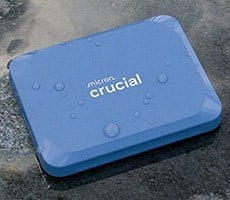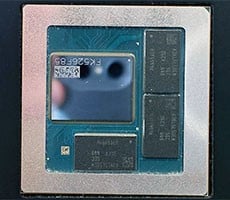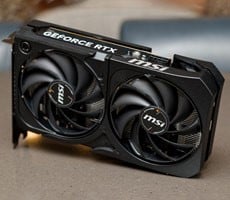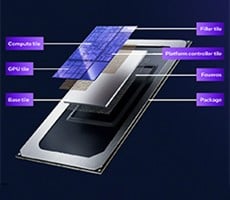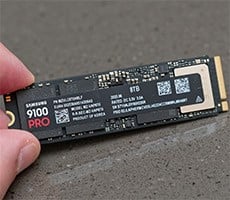Performance Summary: The Kingston KC2000 doesn’t blow away the competition in any one particular category, but offers strong performance – where it counts – throughout out tests. Sequential performance is good, but typically landed about in the middle of the pack versus the drives we used for comparison data. 4K reads at low queue depths were fairly strong, however, and access times were among the best of the group. The trace-based PCMark tests also showed the Kingston KC2000 in a favorable light, with the drive finishing near the top in every category.

Kingston has clearly tuned the KC2000 for typical, consumer desktop workloads. The drive offers relatively strong performance at low queue depths, with competitive sequential transfers and quick access latencies, and it shows in the application-based benchmarks. Whether in a desktop or workstation, the Kingston KC2000 should serve most users quite well. Pricing for the KC2000 drives ranges from about $60 for the 250GB drive on up to $385 for the big-boy 2TB model. The 1TB drive we tested here can be had for
roughly $190, which equates to about $0.18 per gigabyte. That puts the Kingston KC2000 in the upper-end of the price range for consumer NVMe M.2 solid state drives – they’re pricier than a
970 EVO, for example, but less than a
WD Black SN750 or EVO Plus. Based on the performance we’ve seen though, pricing is right in-line where it should be. If you’re shopping for a high-speed, well-rounded NVMe SSD that won’t break the bank, the Kingston KC2000 should be on your short list of considerations.

 |
 |
-
Competitive Overall Performance
-
Strong Access Times and QD1 Perf
-
Good Warranty and Endurance
|
-
Middling Sequenitals
-
Small Price Premium
|



